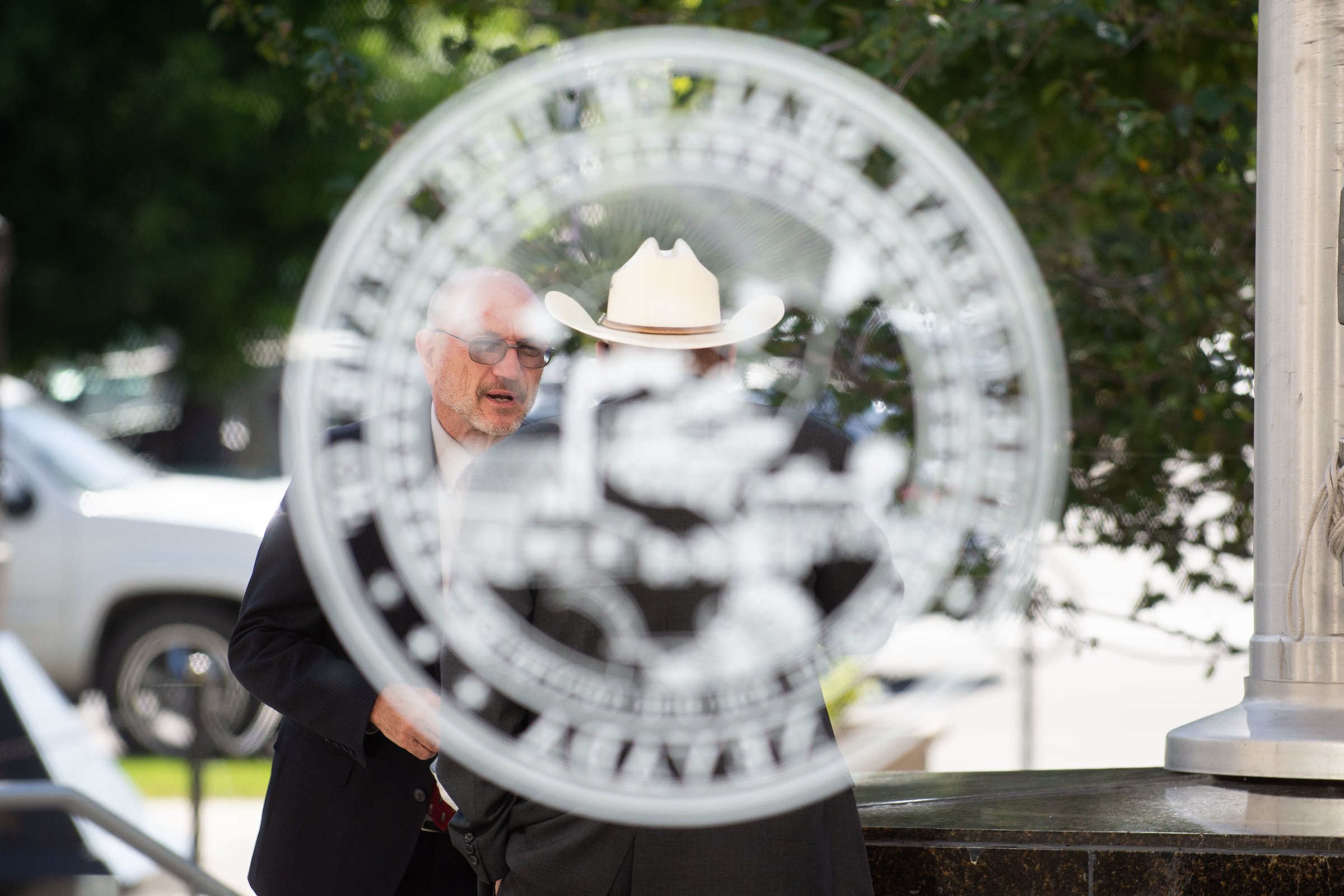Seven days into the 31st special session of the Nevada Legislature, the state Assembly had yet to vote on any of the three bills put forth.
Assembly Bill 1 would affect Nevada’s state workers through pay cuts, furloughs and hiring freezes for various positions.
Public commenters on the bill numbered zero in favor and dozens in opposition. Some callers spoke of having lost bonuses, positions and houses during the Great Recession a decade ago while working for the state. Many noted that they might find themselves in need of the kinds of public assistance that was later outlined to be cut from Nevada’s Department of Health and Human Services through Assembly Bill 3.
AB3 is a massive, 78-page bill that proposes to reduce appropriations and make cuts to other money budgeted to both DHHS as well as public education in order to return those funds to the state general fund.
When proposed cuts to DHHS were first heard by the Assembly and Senate in the first days of the special session, public comment came largely from people opposing cuts to funding for problem gambling programs and those opposed to Medicaid programs and reimbursement cuts. As with public commenters on AB1, those in favor numbered zero. People testifying in opposition of AB3, however, accidentally chimed in during time meant for those testifying either neutral or in favor of the bill.
Those who gave public comment in opposition to AB3 identified themselves as teachers, professors, doctors, dentists and concerned parents. Many pediatric dentists spoke out against cuts to Medicaid coverage for children’s dental needs, noting that tooth problems can ruin a child’s quality of life—including their ability to get proper nutrition and focus on learning—and often can lead to more serious, long-term health issues.

K-12 teachers who voiced their opposition overwhelmingly cited funds that will still be used for standardized testing and assessments and asked legislators to consider getting rid of as many of these as possible (some are federal requirements) and also asked that the Nevada School Performance Framework star rating system for schools be abandoned. The teachers noted that standardized assessments make little sense and would be unreliable given that students have not and will not be in a typical classroom learning environment.
Assembly Bill 2 would allow “a large school district to treat the year-end balances of local school precincts as unrestricted fund balances for the fiscal year beginning July 1, 2020, for the purpose of providing instructional services and programs to local school precincts.”
Early in the week, AB2 made the news when Nevada Gov. Steve Sisolak and Superintendent of the Nevada Department of Education Jhone Ebert released a joint statement accusing Clark County School District Superintendent Jesus Jara of lying about the bill having come at the behest of CCSD.
“Being superintendent of one of the largest school districts in the nation requires leadership — especially in the midst of a crisis,” Sisolak said. “And leadership requires honesty. Unfortunately, that is not what we get from Superintendent Jara. Clark County students, staff and families deserve better.”
While several bills put forth by the Senate have been voted on by both houses of the legislature, concerns raised by both the public and legislators make it little surprise it is taking longer to address these three pieces of legislation concerning cuts to public health, education and state jobs yet recovering from the Great Recession.
As of Thursday morning, no proposed amendments to the Assembly Bills had been posted on the legislature’s website, though all three had been listed on the Assembly’s daily file of matters to be taken up during its floor session that day.
The Assembly and Senate have, however, passed Assembly Joint Resolution 1. It urges “the President and Congress of the United States to provide flexible funding for state, local and tribal governments to account for anticipated public budget shortfalls as a result of the COVID-19 pandemic.”
The resolution passed the Assembly unanimously. In the Senate, it passed with a lone nay vote from Republican Sen. Ira Hansen.

